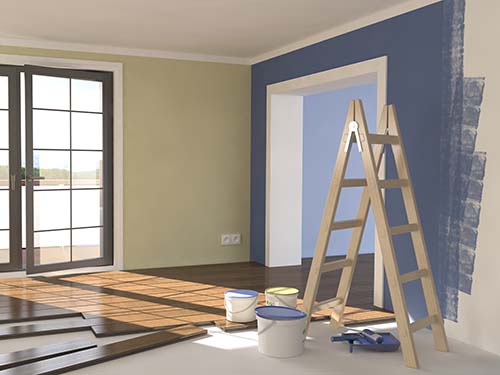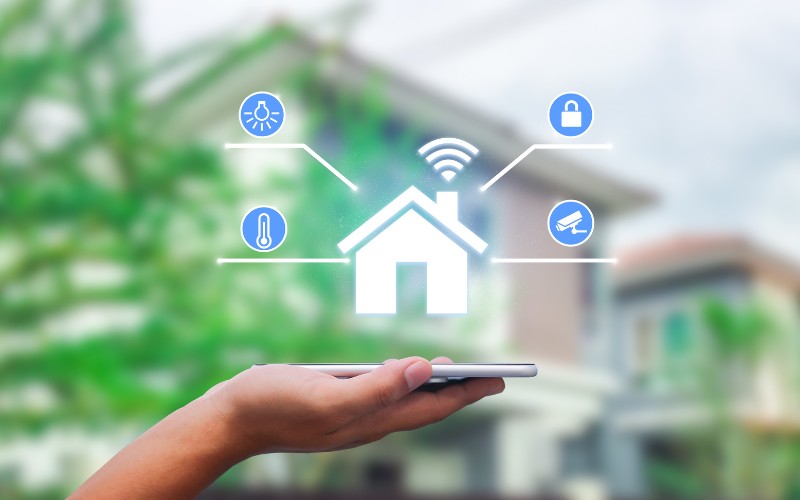The Top Tips To Remember When Moving
 If you have recently purchased a home, you are probably excited to move into your new house; however, the moving process can be stressful. There are a few important tips you need to keep in mind if you are moving soon. Make sure to plan ahead, as there are several ways to save time and money.
If you have recently purchased a home, you are probably excited to move into your new house; however, the moving process can be stressful. There are a few important tips you need to keep in mind if you are moving soon. Make sure to plan ahead, as there are several ways to save time and money.
Get Quotes From A Few Moving Companies
First, you need to get multiple quotes from multiple moving companies. If you have heavy furniture, it is better to hire a moving company to reduce the chances of your furniture getting damaged. When you talk to moving companies, make sure they can handle the items you have. If you have a grand piano, make sure the moving company is comfortable moving it safely.
Get Rid Of The Items You Do Not Need
Before you move, make sure you get rid of the items you do not need. You may want to start by dividing your items into three piles. Create a pile for items you want to keep, another pile for the items you will donate, and a third pile for the items you throw away. Get a receipt for the items you donate, as you might be able to deduct the value of the items from your taxes as charitable donations.
Pack Up Before The Movers Get There
While you might be able to ask the movers to help you pack, it is better to pack before they get there. Label the boxes so you know where they go in your new house. Movers usually charge by the hour, so if you can save them some time, you can save yourself some money. Remember that moving expenses could be tax-deductible, but talk to an account if you have questions about tax deductions.
Get Ready For The Moving Process
These are a few of the most important tips you need to keep in mind if you are moving soon. While the moving process can be a bit busy and frustrating, if you plan ahead, you can streamline the process. There might even be opportunities for you to save money. Remember that you should get quotes from multiple moving companies before you decide which moving company you go with.

 It is not exactly a secret that inflation is a significant issue. With inflation continuing to increase the cost of living all over the world, there are many people who are looking for ways to save money. Home improvement and renovation projects have been popular during the past few years, but many homeowners are starting to put them on hold because of how expensive everything has gotten. What are some of the ways you can save money on your home repair and renovation costs?
It is not exactly a secret that inflation is a significant issue. With inflation continuing to increase the cost of living all over the world, there are many people who are looking for ways to save money. Home improvement and renovation projects have been popular during the past few years, but many homeowners are starting to put them on hold because of how expensive everything has gotten. What are some of the ways you can save money on your home repair and renovation costs?